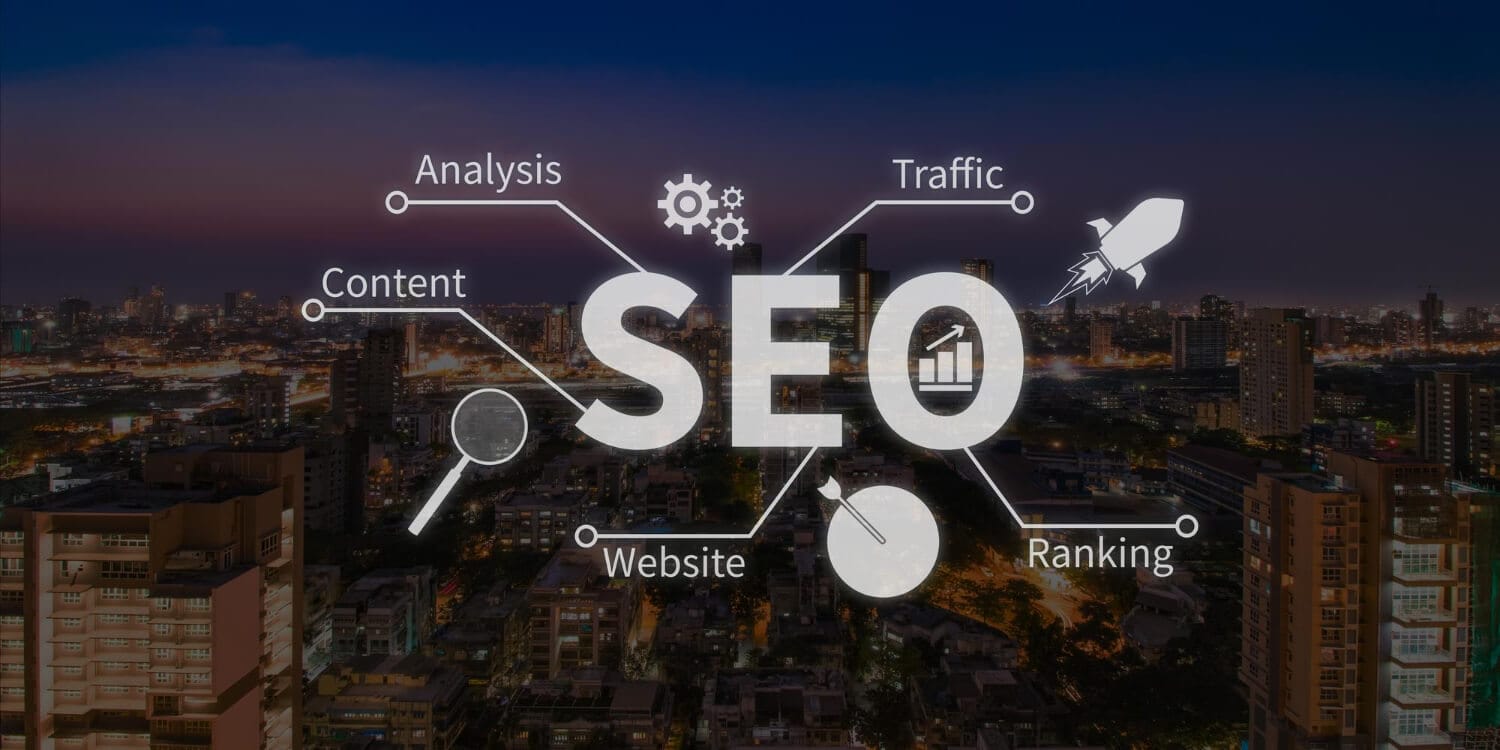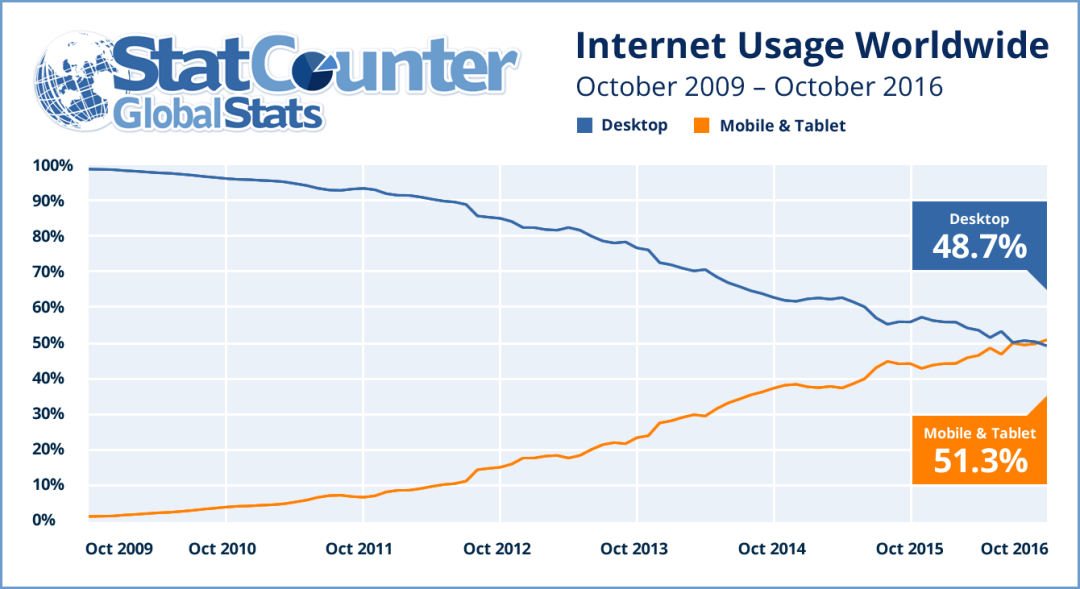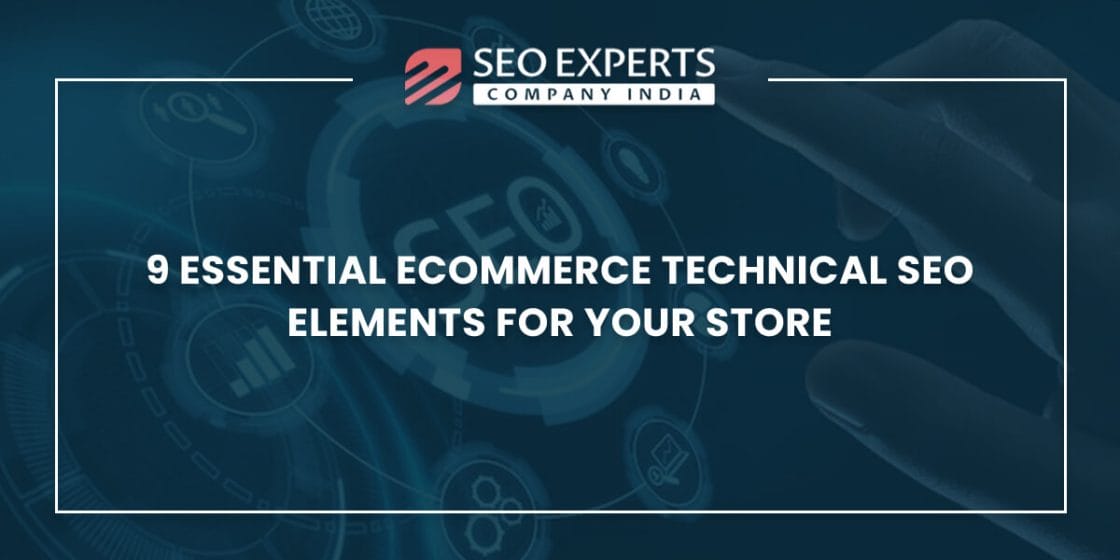The last couple of years has been a roller coaster ride for the SEO community. Many new algorithms & Google ranking factors were introduced by Google, which completely took over the good old tactics of SEO like keyword stuffing and acquiring backlinks unethically. The truth is Google always wants to deliver the most accurate search results for user queries.
This is the reason why the tech giant always keeps introducing new Google rankings factors and that’s why the SEO world keeps changing with each passing day. In such a scenario, it becomes imperative for the website owners to keep up with the change and optimize their website for the latest ranking factors so that they can attain the desired results, be it increased organic traffic or improved conversions.
If you stay up to date with the latest SEO trends, it will become easier to optimize your website according to the latest search engine ranking factors. As a result, you will be able to attain the top positions in SERP (Search Engine Result Page).
So, in this guide, we have compiled an SEO ranking factors checklist that you must remember while optimizing your website for better performance. These are the ranking factors used by Google to cherry-pick the most suitable results for the user’s search queries.
What are Google Ranking Factors?
Before starting with the actual list, let’s take a look at what Google ranking factors are and why they are important to consider while performing SEO. Google, being the top search engine, has a huge database of web pages.
As soon as a searcher types in the search query into the search bar, Google’s job is to provide him with the most accurate search results, To do so, the search engine has to crawl through the database and pick the best web pages.
In order to determine which web pages should be picked, Google utilizes a couple of ranking signals, known as SEO ranking factors. These factors tell Google whether a particular web page would be able to solve searcher’s query or not.
So, how many Google ranking factors are actually there? To believe the experts, Google has over 200 search engine ranking factors, some of which are proven (confirmed by Google), while others can be a bit debatable.
However, the good news is you don’t need to remember all the 200 SEO ranking factors while optimizing your website. All you need to do is focus on the essential ranking factors for the search engine and you’ll be able to attain the desired rankings on SERP.
To help you along the way, here is a list of the top cherry-picked Google ranking factors which you must focus on while optimizing your website for the search engine.
Now, without any further ado, let’s start the list.
Top 10 Search Engine Ranking Factors
1. Page Speed
Here’s the thing, no one has the time and patience to wait for a web page to load. In fact, if a web page takes more than 3-4 seconds to load, the user is likely to hit the back button and look for other search results.
The loading speed is an integral SEO ranking factor and it can actually sabotage the website performance in SERP. Reason being, the search engine crawler has to crawl tons of web pages and if your pages are taking too long to load, they are less likely to be crawled.
Moreover, when a web page takes a significant time to load, it impacts the user experience. Like we mentioned earlier, searchers are impatient and waiting for a web page to load would be the last thing on their checklist.
It is also worth mentioning that if a user hits the back button, the page’s bounce rate will increase, which is another crucial ranking factor for the search engine, will increase exponentially. This gives Google a hint that the web page is failing to provide customers with relevant results, and therefore, it won’t be ranked at the top positions next time.
Studies also predict that 79% of the customers never return to a website which fails to make a good first impression, i.e., website that do not load quickly. This can severely affect your business revenue and overall sales.
How Fast a Website Should Be?
Now, that you understand that page speed is a crucial Google ranking factor, let’s understand how fast your web pages should load. To believe statistics, an average web page should load within three seconds.
If it takes longer than that, the user is most likely to get frustrated and go back to SERP to look for other search results. Here’s a table to help you understand what is the best loading speed for a web page.
| 1-1.5 Seconds | Fastest (No need for speed optimization) |
| 1.5-2.5 Seconds | Fastest (The page can be tweaked a bit to load faster) |
| 2.5-3 Seconds | Average (Though may require optimization) |
| >3 Seconds | Slow (Pages are slow and need to be optimized) |
As a website owner, your goal should be to make your website load as fast as possible. To do so, several elements of the website needs to be optimized so that your website becomes compatible with the top Google ranking factor, i.e., page loading speed.
How to Optimize Page Loading Speed?
The truth is several elements affect the page loading speed, starting from the hosting server to the visual content (images, videos, infographics, etc.), you have published on your site.
Check out the current page speed using Google’s PageSpeed Insight tool. It’s a tool designed by Google that shows the current loading speed of the web page.
Take a look at these golden rules to optimize page loading speed.
Compress the size of each image before uploading it on the website. Large image files take too long to load and can affect the page loading speed severely. So, make sure to optimize each of the images before uploading it on the website. You can use online compressing tools such as PicResize & TinyPNG to reduce image sizes.
Like images, videos can also affect the page loading speed. So, rather than directly publishing the video on your website, upload it on a third-party platform like Youtube and add a link to the video on your site. This way the video won’t buffer on your server and the page will load at a lightning-fast speed.
If you have already performed these two methods and are still struggling to improve the page loading speed, consider switching your hosting server. In many cases, the existing hosting service can make the pages to load at a slow speed. So, if nothing works, switch your website hosting to a new & better server.
These are a few of the methods to optimize the page loading speed and make your website optimized for one of the major SEO ranking factors.
2. Content
We cannot complete an SEO guide without mentioning content. Content has been and will always be one of the crucial Google ranking factors, which cannot be overlooked at any cost. If your website doesn’t have well-optimized content, it will struggle to rank in the top positions of SERP, regardless of the captivating design it offers.
Publishing high-quality and informative content helps you engage the readers. As a result, they spend more time on the web page, resulting in increased average time on page. By publishing informative content on a regular basis, you can establish a strong customer-relation foundation. This eventually helps in acquiring long-term clients.
Moreover, content also benefits your website from the SEO perspective. When the content on your website is well-optimized for the right keywords, it becomes easier for the search engine to relate it to specific search queries.
The truth is content is still the king. It is probably one of the most crucial Google ranking factors that cannot be overlooked at any cost. If you want to attract the desired organic SEO traffic to your site, it is important to publish high-quality and well-optimized content.
What is Quality Content?
Though you can find tons of websites and blogs defining what quality-content means, the majority of them talk about made-up things. The truth is the quality of content cannot be determined using attributes.
At the end of the day, if your readers are happy with the content, it is high-quality. So, while writing the content, keep the reader’s intent as your top priority. Of course, it is important to optimize the content for the search engine, but that doesn’t mean that you should forget about your customers.
Write content which not only captivates your target audience but also encourages them to share it with other people. This will skyrocket customer acquisition rates by a significant percentage.
How to Optimize Content for the Search Engine?
Once you have written content that can attract your customers, it is time to optimize it for the search engine. Content optimization increases the odds for your web page to acquire top rankings in SERP.
When it comes to optimizing the content for the search engine, start out by infusing the target keyword into your blogs. You should also sprinkle LSI keywords into the content so that the search engine crawler can easily crawl the web pages.
Another crucial factor that you must remember while writing content is content length. Though content length does not impact ranking directly, Google has a tendency to favor lengthy blog posts.
Based on a 2016 study, the average Google first page results have approximately 1900 words. It means that if you want the odds for your web pages to secure top positions increase, it is imperative to write lengthy blog posts.
3. Backlinks
According to a study conducted by Moz, there’s a huge correlation between rankings and backlinks. In fact, backlinks are the primary pillar of building a significant online presence. You can optimize the site speed and publish quality content, but if your backlink profile is not strong, you will struggle to rank the website in top positions.
Backlinks remain one of the top three Google ranking factors in 2019 as well. However, Google is now capable of differentiating bad backlinks from high-quality backlinks. Of course, having a higher number of backlinks is beneficial, but if the majority of these links are irrelevant or low-quality, the website is likely to experience more harm than any good.
Today the quality of the backlinks matters more than the quantity. You should focus on acquiring backlinks from high-authority and related domains. This will help in building a strong backlink profile, which will eventually lead to improved search engine rankings.
Considering backlinks are one of the major Google ranking factors, you should focus on building a strong backlink profile. The best way to acquire backlinks from high-authority domains is to create high-quality content that people would want to link to.
Since link spamming cannot get you anywhere, acquiring link through content seems the only practical and ethical way of building high-quality backlinks. So, write quality and informative content and promote it as much as you can.
Promoting the content will help you attain online exposure from other influencers in your niche. Now, if you have crafted high-quality content, these influencers are likely to link to it. As a result, you’ll be acquiring links simply by crafting a piece of high-quality content.
4. Mobile-First Indexing
Google has already implemented Mobile-first indexing. It means that the search engine crawler will prioritize the mobile version while indexing the website. Mobile-first indexing has been declared as one of the primary SEO ranking factors.
The lack of mobile-friendliness could severely damage the search engine rankings, even for the desktop version. On the other hand, if you have a mobile-friendly website, you are most likely to witness a hike in its SEO rankings, even if someone is searching on a desktop.
In 2019, you cannot expect your website to rank in the top positions if it isn’t mobile-friendly. It is also worth noting that a mobile-friendly website will not only improve the rankings but overall conversion as well.
Why? Because the majority of Internet traffic is coming from mobile devices. The use of smartphones has gradually increased in the past couple of years. It means that the majority of your target customers are likely to browse your site on smartphones.
In such scenarios, if your site fails to deliver a user-friendly browsing experience on mobile, the customers are likely to look for other search results. According to a study conducted Google, 61% of the users never return to the mobile site if they had trouble accessing it and 40% visit a competitor’s site instead.
So, what exactly can you do to make your website mobile-friendly? Start out by checking whether your website is mobile-friendly or not by performing the mobile-friendly test
The truth is if your website is responsive, you don’t have to do anything separately. Since a responsive website delivers the same user experience on mobile as well as desktop, your website rankings won’t be impacted due to mobile-first indexing.
However, if your website isn’t responsive, you may want to tweak different elements on a little bit. Make sure that the content and images are completely optimized for the mobile experience. The mobile version should have the same high-quality content as the desktop version of the site.
It is also important to optimize the loading speed of the mobile version. Like we mentioned earlier, users don’t have the patience to wait for your website to load. So, make sure that it loads as quickly as possible on mobile as well.
5. Rankbrain (User Experience)
After content and backlinks, Rankbrain is the third most crucial search engine ranking factor. For a substantial time period, Google has been using its AI-based algorithm, Rankbrain, to rank web pages.
In fact, Rankbrain has been declared as the third most crucial SEO ranking factor by Google. Ranbrain analyzes three different metrics to determine the user-friendliness of the website. These metrics include.
Click-through-Rate (CTR)
Dwell Time
Bounce Rate
Click-Through-Rate (CTR)
Click-Through-Rate is the percentage of people who click on your website links after seeing it on SERP. It means that if 20 out of 100 people have clicked on your website, the CTR would be 20%.
After the introduction of Rankbrain, CTR has become a crucial ranking factor for SEO in itself. Google analyzes the CTR score to check whether visitors are clicking on your website or not.
In case, the CTR score is low, Rankbrain will replace your website with a more accurate search result having a comparatively high CTR score. So, it is important to ensure that your web pages get plenty of clicks on SERP so that its CTR score doesn’t fall.
The easiest way to encourage more people to click on your web page link is to use an emotional and appealing page title. The most common mistake many people make while writing the title is simply optimizing it for the search engine.
Of course, an SEO-friendly title can do wonders, but it has no significance if it fails to captivate the user. Therefore, make sure to write appealing page titles that encourage the customer to click on the link.
Here’s a quick example where we have used an appealing title for Image optimization blog along with a dedicated modifier (9 Actionable tips).
Using such titles will skyrocket the CTR score for your web pages. Since CTR is a search engine ranking factor in itself, writing user-friendly titles will also improve the rankings of the web pages.
Dwell Time
Dwell time is the second crucial factor Rankbrain uses to determine the mobile-friendliness of a web page. It is basically the total time a user spends on the web page before going back to the SERP.
Like CTR, dwell time is also considered as an independent SEO ranking factor which indirectly impacts the rankings of a web page. After optimizing the page title to achieve better CTR, your next job should be to add relevant content and optimize other on-page elements so that the dwell time increases.
Even if the majority of users are clicking on your web page link, they will immediately go back to SERP if they don’t find any relevant information. This will decrease the dwell time, which eventually tells the search engine that your web page is failing to engage the customers.
So, make sure to add relevant content along with captivating visual elements to encourage the user to spend more time on the web page.
Bounce Rate
Finally, if the majority of customers are bouncing back from your web pages, it is an indication for Google that the pages are failing to keep the users engaged. Higher bounce rate is a huge threat to the rankings of your web pages.
Rankbrain is likely to become the most crucial Google ranking factors in the coming years. Considering the high-accuracy it offers, Google is most likely to implement Rankbrain as its primary ranking algorithm. So, make sure to perform all the required iterations to make your website optimized for RankBrain ranking factor.
6. Technical SEO
Though not a direct SEO ranking signal, performing technical SEO is extremely crucial to improve the website rankings. The search engine gives preference to websites with up to the mark technical elements.
By performing technical SEO, your website will automatically become compatible with the major search engine ranking factors. Here are a couple of points that’ll help you perform effective technical SEO for your site.
Add keywords to the page title. Since the page title is the first thing crawler looks at, it is important to use an SEO-friendly title. However, along with making it SEO-friendly, make sure that the title is appealing for the customers as well.
Back in 2014, Google announced they’ll prefer HTTPS over non-secure websites. Though it has not become one of the direct Google ranking factors yet, having a secure website is extremely important, especially if financial transactions are performed on your site. Install an SSL certificate on your site, if you haven’t already, and make it secure for the customers.
Since content is the most important SEO ranking factor, it is important to properly optimize the content. While publishing content, add dedicated heading tags to maintain a content hierarchy throughout the entire post.
Write a meta description that is captivating and SEO-friendly at the same time. The meta description should be concise and informative so that it can grab the user’s attention and help crawler relate the web page to specific search queries.
Add keywords to the alt-text of images. While optimizing a website for the latest Google ranking factors, it is important to perform image optimization. Since Google has a dedicated search image section, you can reach your target customers by optimizing the images.
7. Domain Age & URL Authority
Domain age and URL authority are two of the highly crucial search engine ranking factors. However, while talking about domain age, we are not referring to how old a domain is, but how long it’s been since Google first indexed it.
For instance, if a domain is five years old, but never got indexed, it’ll be as new as a two-days old domain for Google. An older domain is less likely to struggle to rank in the top search results even for competitive words. On the other hand, a new domain is intentionally devalued for the first few months.
Like domain age, domain authority is also a significant ranking factor for the search engine. A high authority domain is quickly indexed by Google as compared to a low-authority domain. This is the reason why the majority of SEO professionals focus on acquiring quality links to increase domain authority.
When it comes to increasing domain authority as an SEO ranking factor, the only thing one can do is post informative content and acquire as many quality links as one can. While you cannot do anything to improve the domain age, you surely can perform several SEO practices to improve the Domain Authority (DA).
8. Social Signals
Though Google has completely denied calling social signals as one of their Google ranking factors, one cannot ignore the fact the top search results in SERP usually have a lot of shares.
According to a study conducted by adespresso, there’s a definite link between social shares and search engine rankings. However, even if we don’t consider social signals as an SEO ranking factor, there are many benefits to increasing social shares for your web pages.
Reason being, people usually want to link to web pages that have a higher number of social shares. As a result, by increasing the number of social shares, it would become easier to build a strong backlink profile for your website.
9. Site Architecture
A detailed site-architecture makes it easier for the search engine to crawl and index your web pages. Moreover, when the site is properly laid-out, the search engine can easily organize the content of the web pages.
Even though the site structure is not a direct search engine ranking factor, a proper site structure helps the overall website performance in many ways. Apart from having a proper site structure, make sure to design an XML sitemap for your website.
A sitemap helps the search engine crawler to index your web pages by navigating through different pages. As a result, each page of your site gets easily crawled.
10. Schema Code
Local SEO is becoming a trend these days. While displaying search results for navigational search queries, Google prefers local results over global search results. This makes it extremely important to perform local SEO, especially when you want to rank your small business or startup in Google search results.
By adding different schema codes such as location, review, and contact schema, it becomes easier for the search engine to relate your business to a specific search query. Moreover, with schema code, users can easily decide whether your business can cater to their requirements or not. In a nutshell, schema code is a crucial SEO ranking factor when you want to rank your local business.
Google Ranking Factors-Final Words
These are the nine SEO ranking factors that are worth considering in 2019. As long as you have optimized your website for these ranking signals, you won’t struggle to rank it in SERP. However, that doesn’t mean that these factors will continue to dominate the search engine results in the coming years. Since Google is always changing its search engine algorithms, we are likely to witness the introduction of new SEO ranking factors in the coming years.
The most effective way to optimize your website for these Google ranking signals is to choose an SEO company from India. Such companies have a team of professional SEO experts who know how to handle the entire SEO campaign for your website.








